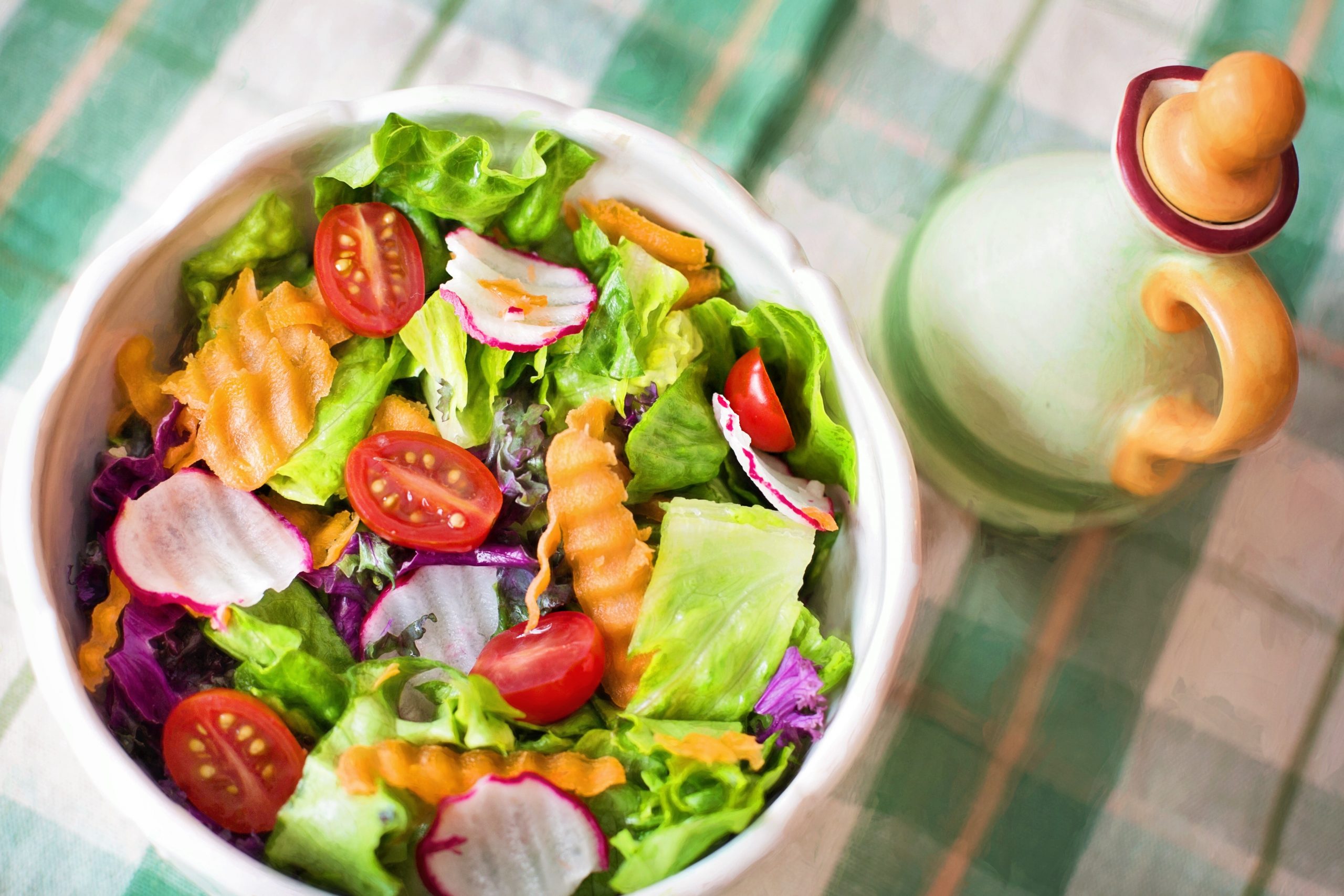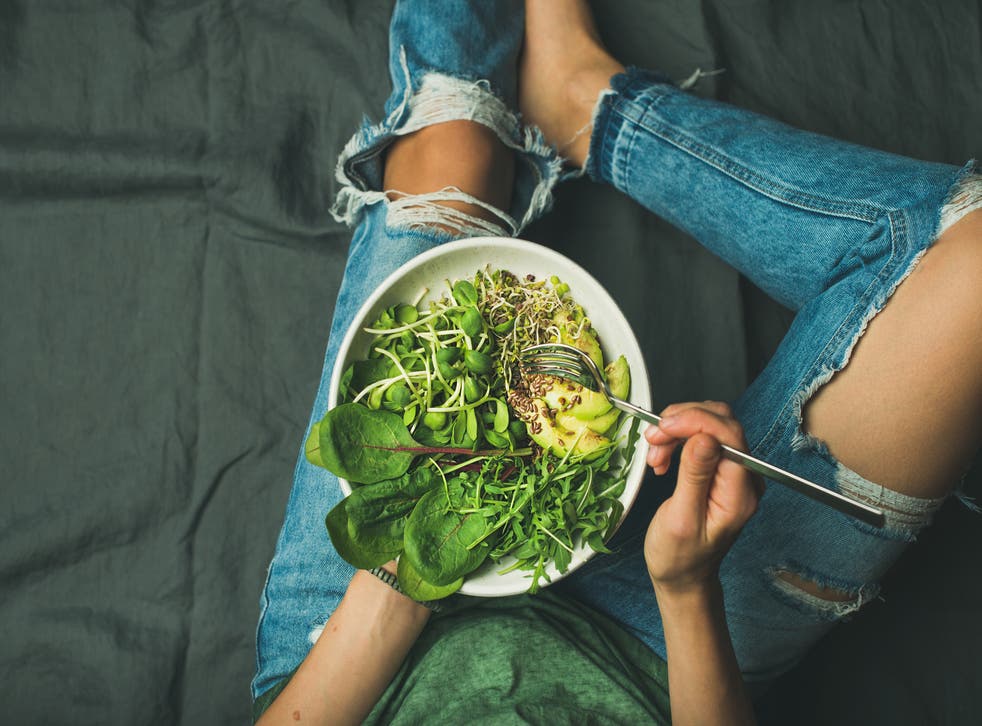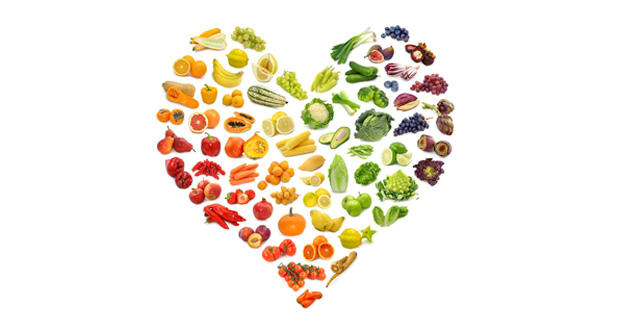Among other benefits, studies have found vegetarians have lower body mass index, lower blood pressure rates, lower low-density lipoprotein cholesterol levels and lower rates of type 2 diabetes than meat eaters. In addition, Vegetarian diet has found to reduce the risk of cardiovascular disease, various types of cancer, as well as chronic disease.
Would you like to become a vegetarian very easily and enjoy all these benefits while making money with your Vegetarianism at the same time? Kindly, Keep reading to the end.
- Create a Plan
Creating a solid plan to become vegetarian or vegan is like going somewhere for the first time on a GPS. Things are much easier than guessing the road.
To create a plan, first, you need to have a good reason. For instance, some people become vegan to lose weight; others for health reason. Identify yours and launch yourself in the battle against meat. In addition to lose weight or become healthy, you can also decide to make money with your new vegan lifestyle. Yes, make money, which leads us to the 2nd point in the list.
- Make Money with Your Vegetarianism
Some cooking channels make more than 1 million dollars per year on YouTube. The reason is simple, more and more people are switching to plant-based diet and looking for information and products. To take advantage of that, you can sell your own products, create a blog or launch a YouTube channel to talk about Vegetarianism.
You can start selling vegan products online and go beyond food by including things like makeup, clothing and cleaning products.
- Replace Favorite Dishes
As all omnivores, you surely have some favorite dishes that are made of meat or animal products. To make the transition easier, you can replace them by delicious plant-based meals one at a time. For instance, if you like meatballs in your favorite spaghetti you can replace it with vegan meatloaf.
There plenty of delicious recipes which you can use to prepare your own meals. Chances are, much of what you already eat could easily be made vegetarian.
- Go Slow and Simple
As in everything aspect of life, you need to avoid excess. Go slow and simple can bring more positive and durable results than rushing. Lack of moderation in the transition to become vegetarian causes many people to fail. If you wake up one day and replace all your favorite meals at once this can create too much pressure on you and cause you to give up.
Here is a simple 3-step transition: from four legs to two legs to no legs. Again, from four legs to two legs to no legs.
5. Meat Once a Week at The Beginning
Everyone is different. While for some the transition can be easy, for others it can be very challenging. If the pressure to quit is high at the beginning, instead of just give up, give yourself a break in the short term.
A simple tip that may help you persevere is to eat meat once a week if you’re finding it difficult to completely stick to a vegetarian diet at the beginning. It is easy to understand why; you are much more likely to pass something up if you know you can indulge on Saturday or Sunday.
- Explore Plant-Based Foods
Being vegan now, your diet will be based on plant mainly. It is therefore crucial to explore new plant-based foods which can substitute your meat dishes. Start your journey with delicious meals to encourage you during the process.
Don’t just start with soy products and commercial veggie burgers, instead, go on YouTube and search for Vegan recipes. Make it fun and exciting to become vegetarian and you will surely succeed.
- Try It and Try It Again

Your mouth is used to the taste of meat, it may take a while before getting used to the vegan lifestyle. If you try a food and don’t like it the first time, you may need to try it again later, using different ingredients, brand, or seasonings and spices. In addition, you may need to change the way you cook. For instance, if you microwave a veggie burger the first time, you may grill it the next time.
You can also alternatively bake and fry in order to compare and choose your favorite taste and cooking style.
- Learn, Read, and Talk
Information is at reach of everyone. Research online and progressively learn more about vegetarian diet, health and foods. Knowledge is key; the more you know the better it will be for you to decide wisely. In addition to the internet, you may ask other vegetarians or vegans for tips and advice.
Everyone has a different experience to share and most people will likely be flattered that you ask them for their advice on how to become a vegetarian.
- Take Advantage of YouTube
In the past, if you needed a great recipe on a particular food, you had to had to buy a recipe book, browse your local bookstore to find and buy a vegetarian cookbook, or read a vegetarian recipe with no How-to video.
YouTube puts an end to this. From the comfort of your couch, you can watch a variety of vegetarian recipes and try those that appeal to you.
10. First, Try Restaurants
If you are not a good cook, check your area for plant-based restaurants and try different meals. You will not only be able to try new delicious foods but also be introduced to new dishes and meal components that may inspire you.
For traditional restaurants that often have vegan and vegetarian dishes, consider visiting Indian, Chinese, Thai and Middle Eastern restaurants. Taste as many dishes and foods you can, and reproduce each one of them.
- Avoid Unnecessary Cooking
Don’t make the mistake that some people do when they become vegetarian: Don’t Cook Separate Meals for the Family. If you are the only one in your family becoming vegetarian, you don’t have to cook separate meals for you and the rest of the household. A simple tip is to cook the meat for dishes, like stir-fries and pasta dishes, in a separate pan and add it to a separated portion just before serving.
- Make Healthy Choices

Vegetarian diets are not automatically healthier, unlike what most people think. “Many meat substitutes are nothing but highly processed foods with harmful ingredients which can do more harm to your body than good. Be sure to replace meat with healthy foods that you cook yourself or from a brand your trust.
Do not fall for a food because it is labelled plant-based or 100% natural. Read the ingredients on the label before you buy.
- Balance Your Diet
Switching to a vegetarian diet is pointless if it is not balanced. You also need to favorite foods rich in protein such as moringa, pine pollen, quinoa, and others. If you eat nothing but a poor diet consisting of French fries and sugary vegan desserts, you will do more harm to your body than good. In fact, before long you will want to go back to your former eating habits.
While avoiding GMO, eat a variety of whole grains, fruits and vegetables, and plant-based proteins.
- Always Try New Foods
This is one of the most exciting things of becoming a vegetarian, try new foods. When you feel tired of your routine cooking, make some Indian dishes, go to a Thai restaurant, consider a Mexican spicy meal, or eat Ethiopian food with your hands. To make thing simple, just YouTube the food you would like to eat and prepare it yourself.
- Take Methylcobalamin B12, Avoid Cyanocobalamin
Being a vegan or vegetarian, you will probably need to supplement your diet with methylcobalamin B12, but avoid cyanocobalamin which is a synthetic form of vitamin B12 not found in nature. It is cheap but harmful to your body.
Foods rich in vitamin B12 include unwashed organic produce, mushrooms grown in B12-rich soils, nori, spirulina, chlorella.
There is a serious risk of vitamin B12 deficiency in vegetarians and vegans according to The Academy of Nutrition and Dietetics. Supplementation is necessary. Depending on your diet, you may also need other supplements such as Iodine, vitamin B12, calcium, iron, and zinc.
Thank you for reading to the end. Kindly share your experience or comments with other readers.





